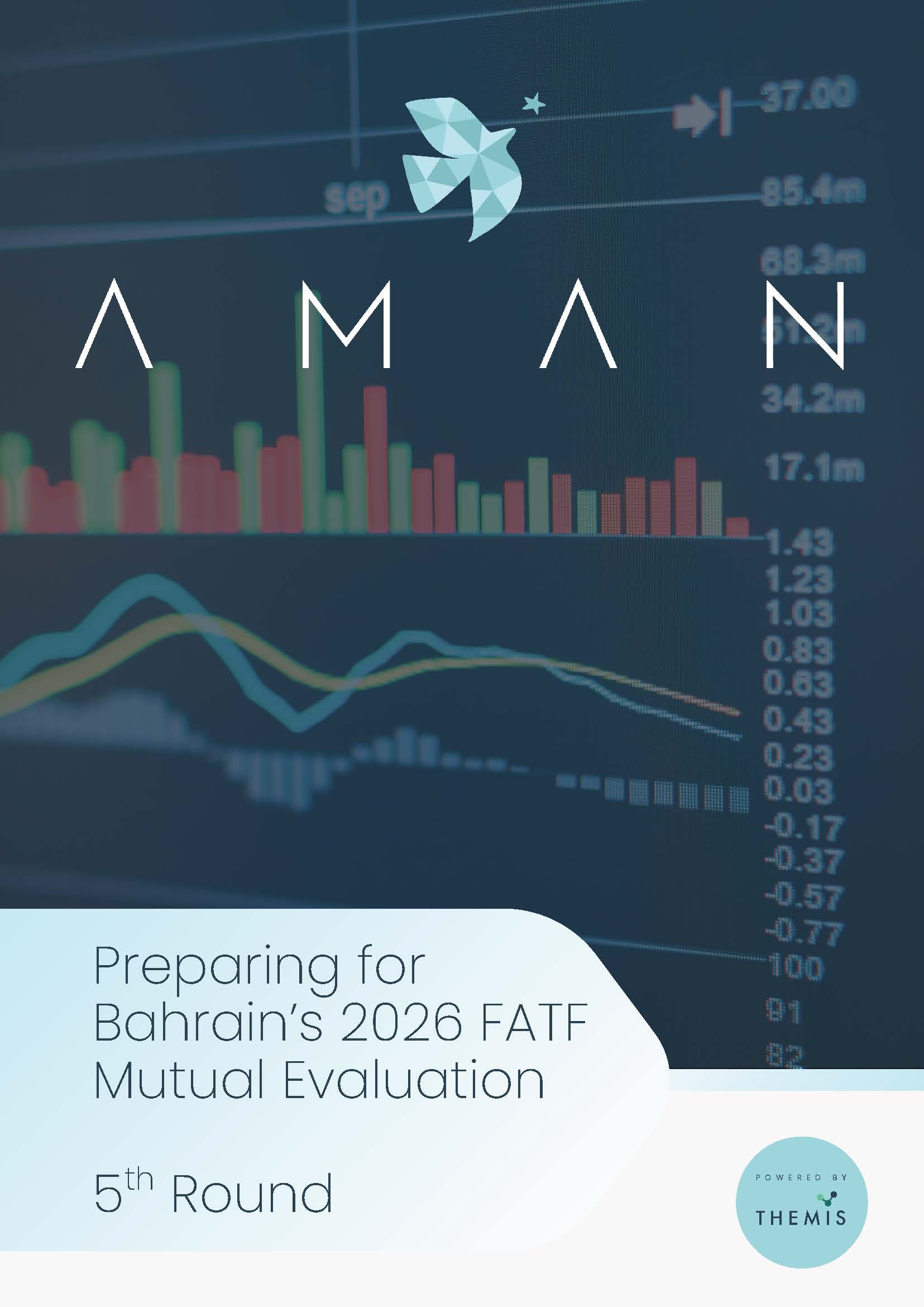

Updated Feb 2026
The FATF’s 5th Round places greater weight on real-world outcomes over written policies. Bahraini companies must now show that their AML/CFT frameworks are not only in place, but actively reducing financial crime risk through risk-based controls, effective CDD/EDD, STR filings, and beneficial ownership tracking.Emerging threats—like cybercrime, sanctions evasion, and misuse of technology—will be a core focus, alongside regional support from MENAFATF to enhance compliance across MENA. Preparation must include updated policies, training, audits, and governance.
Aman is playing a key role in helping companies prepare for the upcoming FATF evaluation by ensuring their compliance with all AML obligations and safeguarding their businesses against financial crime. This includes helping institutions conduct robust risk assessments, design tailored onboarding and EDD procedures, automate STR filings, enhance BO transparency, and build systems that stand up to international scrutiny.
1. A clear overview of the FATF Mutual Evaluation Framework, including technical compliance and effectiveness standards.
2. Breakdown of the FATF 40 Recommendations and 11 Immediate Outcomes (IOs).
3. Deep dive into Bahrain’s legislative framework and past evaluation results.
4. Practical private sector responsibilities under the FATF methodology.
5. Insights into MENAFATF’s role in regional AML/CFT supervision.
6. Strategic guidance to support institutional readiness ahead of the 2026 assessment.
7. A checklist of compliance documents mapped to FATF requirements.
FATF evaluations are high-stakes assessments that influence:
This guide offers a comprehensive roadmap to help you navigate regulatory requirements, improve risk management, and enhance your organisation’s financial crime prevention efforts. Please complete the below form to download the full report.
_Page_02.jpg)
_Page_03.jpg)
_Page_04.jpg)
_Page_05.jpg)
_Page_06.jpg)
_Page_07.jpg)
Gain valuable insights with our latest publication. Get your copy now to explore key findings, expert analysis, and practical recommendations that help you stay informed and ahead of the curve.
Lorem ipsum dolor sit amet, consectetur adipiscing elit, sed do eiusmod tempor incididunt ut labore et dolore magna aliqua. Ut enim ad minim veniam, quis nostrud exercitation ullamco laboris nisi ut aliquip ex ea commodo consequat. Duis aute irure dolor in reprehenderit in voluptate velit esse cillum dolore eu fugiat nulla pariatur.
Block quote
Ordered list
Unordered list
Bold text
Emphasis
Superscript
Subscript